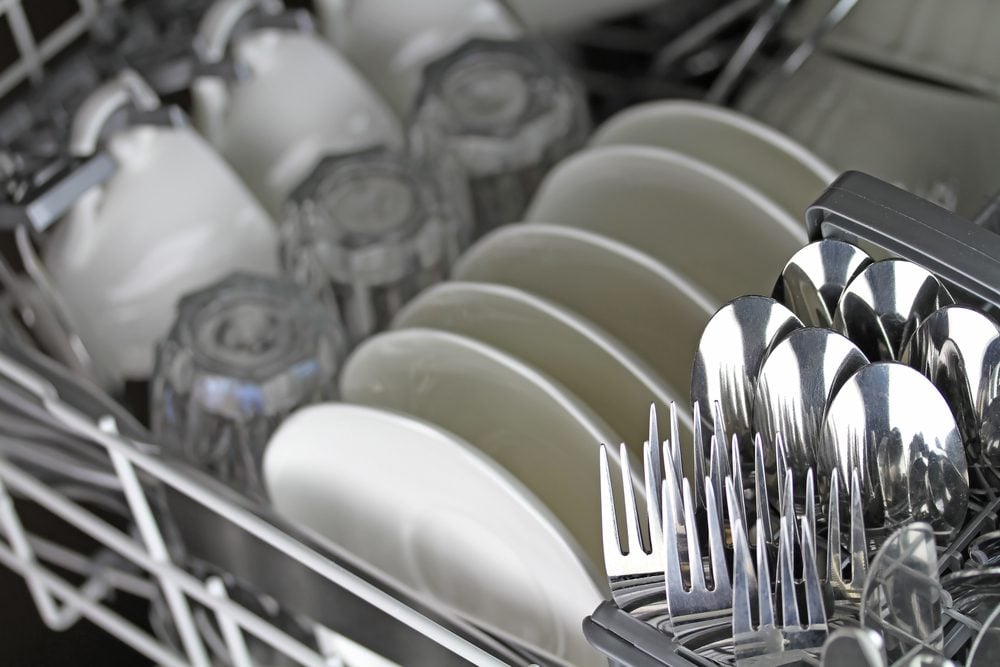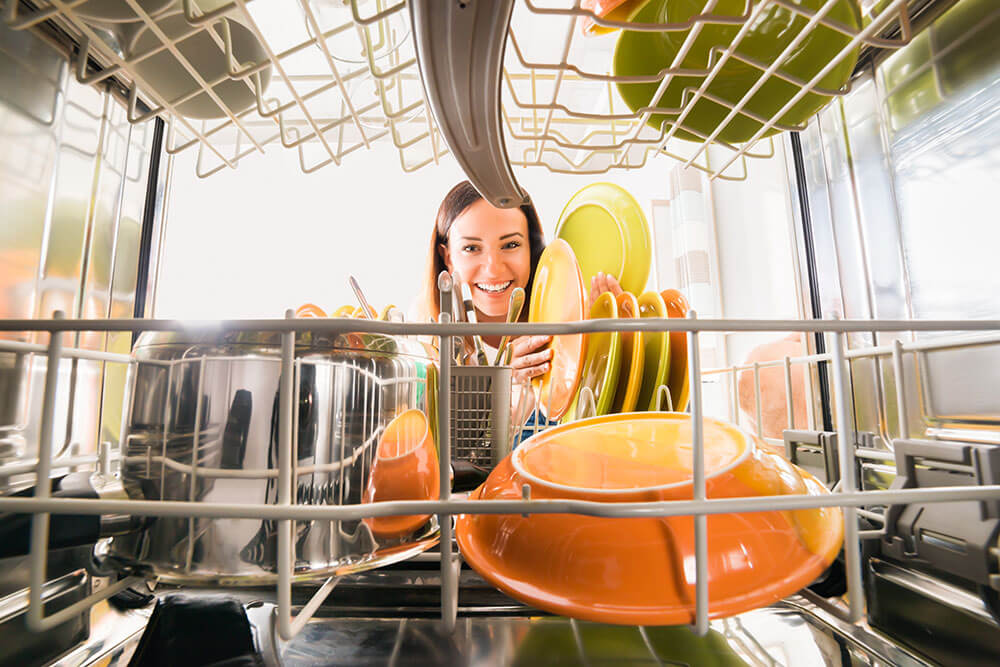Identifying Potential Issues with My Dishwasher: Important Information
Identifying Potential Issues with My Dishwasher: Important Information
Blog Article
What're your ideas with regards to How to Troubleshoot & Repair a Dishwasher?

Having your dishwashing machine malfunction or malfunction can be a big deal as well as cause some discomfort in your home. Dishwashing machines are devices that we make use of to clean recipes and also cutleries automatically to save us the stress and anxiety of manually doing it.
Like every other maker that eases human effort, dishwashing machines can break down and also create some fault at some point in time. There are numerous faults your dishwasher could establish, and while a few of them can be solved by changing some components or repairing them, other a lot more severe flaws will need that you obtain a new dish washer.
This article will certainly identify a couple of typical mistakes your dish washer could create to prevent its overall performance as well as exactly how these mistakes can be solved.
Typical Faults
Common dishwashing machine mistakes could vary from minor to significant ones. Depending upon the extent, you will certainly either require the solutions of specialist plumbings to deal with or change it.
Several of the most usual mistakes consist of:
Leaky Dishwashing machine
This is possibly the most everyday dishwasher issue, as well as the bright side is that it is very easy to recognize. Leakages occur because of numerous factors, and the leaks can bungle your kitchen area. Typical sources of dishwasher leakages include;
If your recipes as well as cutleries come out of the dishwasher and still look filthy or unclean, your spray arms may be an issue. In most cases, the spray arms can get clogged, and also it will certainly require a fast tidy or a substitute to work properly once again.
Inability to Drain pipes
Often you may observe a big quantity of water left in your bathtub after a laundry. That is possibly a drain problem. You can either examine the drain hose for problems or blockages. When doubtful, call a professional to have it examined and dealt with.
This is an additional common dish washer problem, and also it is mainly brought on by food debris or oil lingering in the maker. In this instance, search for these fragments, take them out and do the meals with no dishes inside the machine. Laundry the filter extensively. That will assist remove the bad odor. Make certain that you remove every food fragment from your recipes prior to moving it to the maker in the future.
Conclusion
A few of these common dishwashing machine mistakes can be fixed conveniently at home, however in some cases, the faults could be massive and also may require the interest of experts. If you stay in Rochester, Syracuse, and other parts of America, let the professionals appropriately detect what could be incorrect with your dishwasher and proffer an option.
We likewise mount dish washers if you simply purchased a brand-new one or mean to change your very own. With our years of experience in the sector, we make certain to give you the best possible services.
7 Common Dishwasher Problems (and How to Fix Them)
Dirty, smelly, possibly covered in cheese. Is there anything more frustrating than opening the dishwasher only to find the dirty dishes are still there?! I mean, the main reason you buy a dishwasher is so you don’t have to deal with dirty dishes. C’mon dishwasher, you had one job.
A little maintenance goes a long way when it comes to appliances, but the truth is nothing lasts forever (sadly). That doesn’t mean it’s hopeless, though. With a handful of simple tricks, you can fix some of the most common dishwasher problems and bring that sparkle back into your dishwasher and back into your life.
My Dishes Are Still Dirty
This is at the top of a list for a reason. Dirty dishes are common and frustrating. Easy fixes first; check if your dishwasher has a manual filter and make sure that it’s clean and clear of debris. Then, as you load your dishwasher, make sure that the spray arms can rotate freely, spraying water throughout the drum. If they’re blocked or obstructed, you won’t be getting optimal cleaning performance. If the problem continues, check if your spray arms are clean and moving freely as grease and food particles can prevent them from spinning.
Also, stop pre-rinsing your dishes! Modern dishwashers use sensors to determine the soil level of the dishes. If you rinse them off too much, your dishwasher may select a shorter cycle than is necessary. Modern detergents also use enzymes that activate when they come in contact with food particles. If you remove the particles, your detergent will be less effective too.
My Dishes Aren’t Drying
The easiest fixes here are to add Rinse Aid to your dishwasher when you start the load to assist drying, and to make sure you don’t stack plastic against plastic or other hard to dry materials. It’s also a good idea to open the dishwasher door when the cycle is complete to release steam and prevent condensation from settling on your dishes (some higher-end machines even open automatically). If your dishwasher has a heating element, you may have to check if it is working properly. Check also the fan if your dishwasher has a stainless steel tub that uses blown radiant heat to dry.
My Dishwasher Smells Bad
If your dishwasher smells bad, make sure your filter and screens are cleaned of any grime and food residue. Check the spray arms and gasket on the door to make sure there’s no grease or food waste there as well. If you’ve done that, then it may just be time to sanitize the drum. Place a small bowl with vinegar in the upper basket of your empty dishwasher and run the sanitize cycle (or the hottest cycle you’ve got) to blast away bad odours.
My Dishwasher Won’t Start
If your dishwasher won’t start there’s often an electrical problem, and if you’re lucky that means there’s a very easy fix. Ask yourself, have I tried turning it off and on? If not, then do that. If it’s still not working, try unplugging and re-plugging in the machine and double-check your breaker to make sure power is feeding the unit. If it’s a mechanical problem, then it may be that your door isn’t latching properly and a simple realignment will get things sorted out.
My Dishwasher Won’t Fill
If possible, check your intake valves and make sure that the screen is clear and that there’s no blockage obstructing water flow. If that’s not it, then the float and/or float switch located at the bottom of the drum could be the problem. Make sure that the electrical connections are intact and that the mechanism hasn’t been damaged or blocked in any way.
https://www.wardells.ca/blog/7-Common-Dishwasher-Problems--and-How-to-Fix-Them-

We hope you enjoyed our piece about How to Troubleshoot & Repair a Dishwasher. Thank you for taking time to read our blog. For those who liked our blog post kindly don't forget to share it. Kudos for your time. Come back soon.
Fast relief, just a call. Report this page